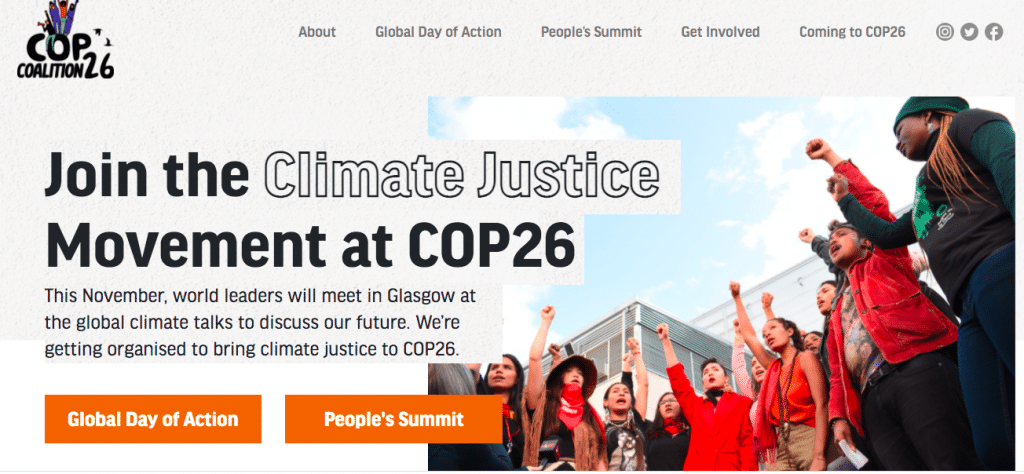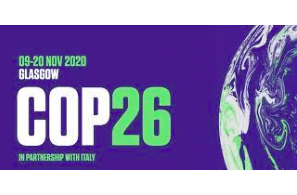Subscribe to their newsletter
Thank you for reading, rebel. If you have any questions or feedback, we want to hear from you. Get in touch at [email protected].
1-12 NOV | Glasgow, Scotland
What do the delegates at the 26th Conference of Parties (COP26) need to agree on for it to be considered a success? What, if anything, have previous COPs achieved? Should we be hopeful that this year will lead to a breakthrough?
Delayed for a year by the pandemic, COP26 is cited as critical, ranking in significance alongside 1997’s COP3, when the Kyoto protocol was established; and the 2015 COP21, which led to the Paris Agreement to keep global temperature rise below 2oC, and preferably at 1.5°C.
Conclusion of COP21 with the Paris Agreement.
Despite the ‘breakthroughs’ at COP3 and COP21, a UN report last year confirmed that even if current emission reduction pledges under the Paris Agreement were fulfilled, the world would still be headed for a catastrophic 3.2°C increase this century. The levels of ambition in the Paris Agreement must be tripled to achieve 2°C, and increased more than fivefold for 1.5°C.
COP26 must also agree on a response to extreme weather events, particularly in the global south, where millions are already suffering from severe climate change. Organisations such asClimate Action Network are urging developed countries, which are largely responsible for the climate crisis, to include the impact of their historic greenhouse gas emissions in setting new targets; this is referred to as ‘fair share accounting’.
But wealthier nations are yet to even deliver on the promise made at COP15 in 2009, to provide at least $100bn per year by 2020 to assist developing countries adapt to climate change.
Photo: Climate Action Network.
Finally, COP26 needs to either make its agreements binding (existing Nationally Determined Contributions or NDCs come under a nonbinding section of the Paris Agreement!), or set up systems to enforce and monitor these commitments for years to come.
The last COP in Madrid completely failed to resolve these issues, despite running two days over schedule. There was little progress on NDCs, with industrialising economies such as China and India arguing that rich countries must lead, all while adopting more modest targets, themselves. There was also a focus on carbon markets at COP25, seen by many as a scam to enable rich countries to continue burning fossil fuels while paying poor countries to deal with the negative impacts.
Greta Thunberg speaking out at COP25 in Madrid.
Is there reason to believe things will transpire differently this year? Not really. The G7 summit in June, for instance, failed to make any meaningful progress on climate finance; they couldn’t even agree on a timetable for the phase-out of coal. The Climate Ambition Summit last December showed how far off track we are on Paris Agreement goals: over 60% of countries have yet to submit new NDCs, and the 74 countries that have submitted them represent just 13% of global CO2 emissions.
Will our appointed leaders fail us again, even at this eleventh hour? Probably. Can the continued escalation of worldwide nonviolent protests get us to a solution that the science requires? We think so!
Also see





